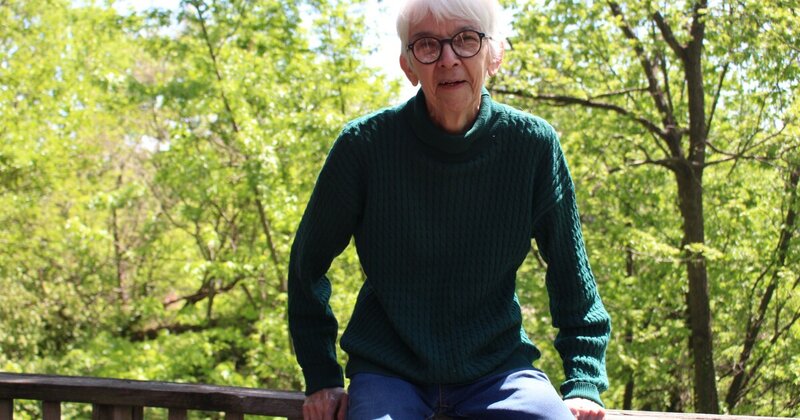In the 1960s, the decade before the U.S. Supreme Court upheld Roe v. Wade in 1973, the Catherine Booth Home in Avondale was almost like a college dormitory. There were classrooms, women slept two to a room, and, at one point, there was an operating room with doctors available to help teenage and needy mothers give birth.
Alice Skirtz was director of social services for the Salvation Army, which ran the home. She says women pregnant out of wedlock were either secretly sent there by family to give birth or fled there when they had no place else to go.
"Their stories they would tell! 'Oh, Susie is in Cincinnati, visiting her aunt Jane who's just had surgery''...I know in one instance a woman told her family she was in jail," Skirtz said.
She says women were expected to not have sex before marriage because of religious and conservative ideologies. Pregnancies out of wedlock resulted in social isolation and shame, not limited to consensual sex. Those who were raped were also shunned.
The women at the home were forced to make hard choices, like deciding to keep a baby and pass it off as a distant relative or putting the baby up for adoption.



 Supreme Court
Supreme Court Cincinnati
Cincinnati Abortion
Abortion Pregnancy
Pregnancy Health
Health



